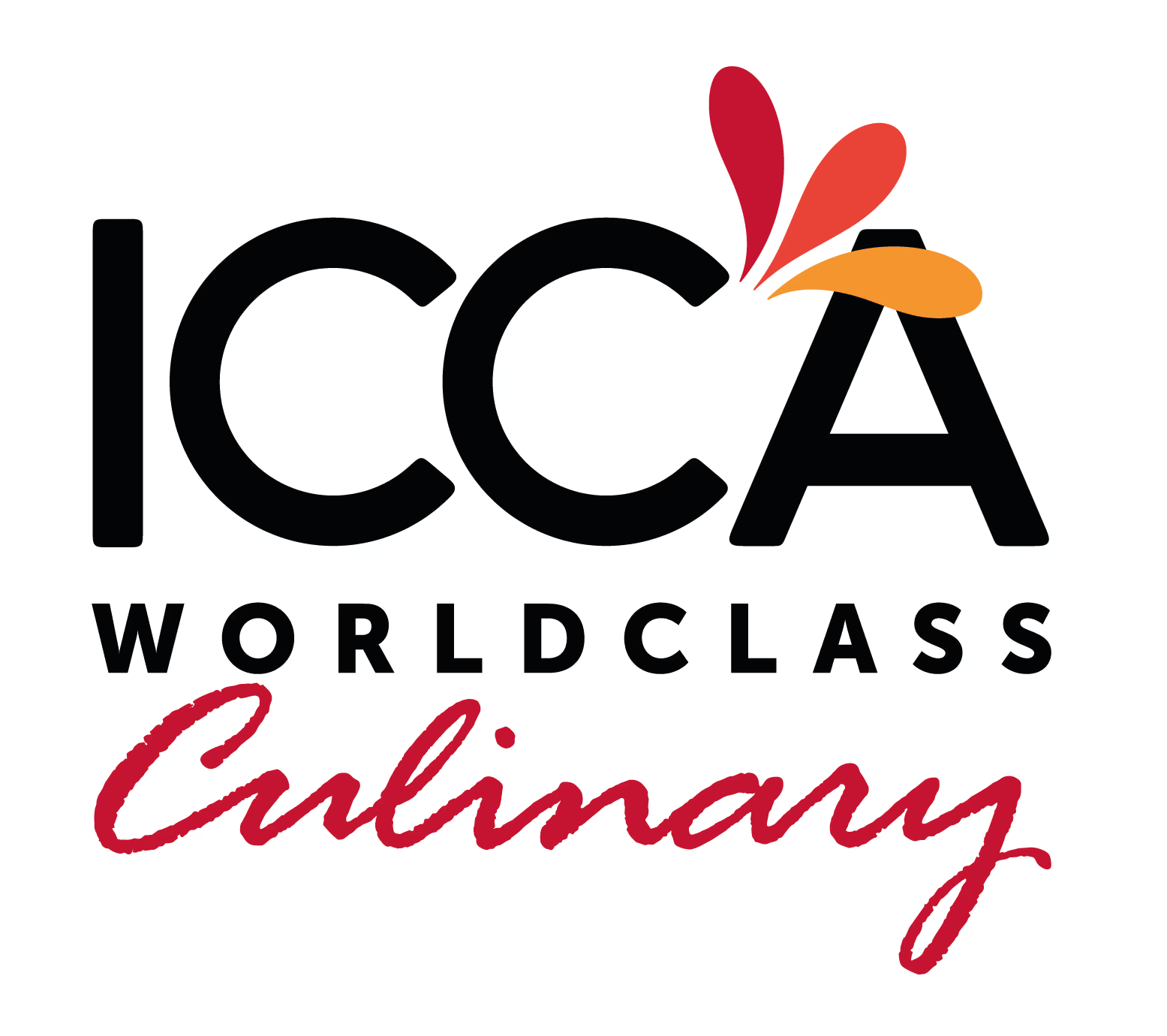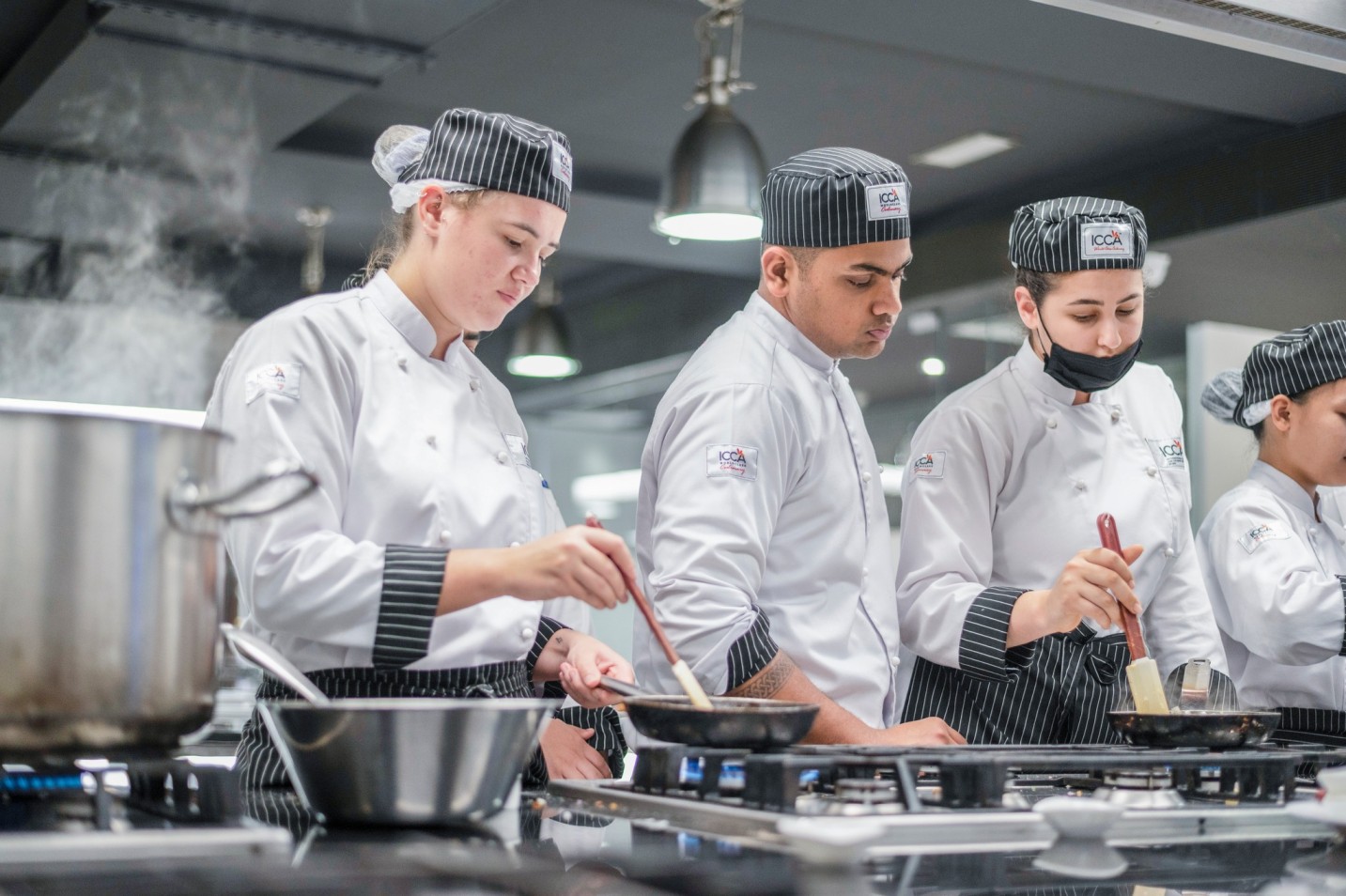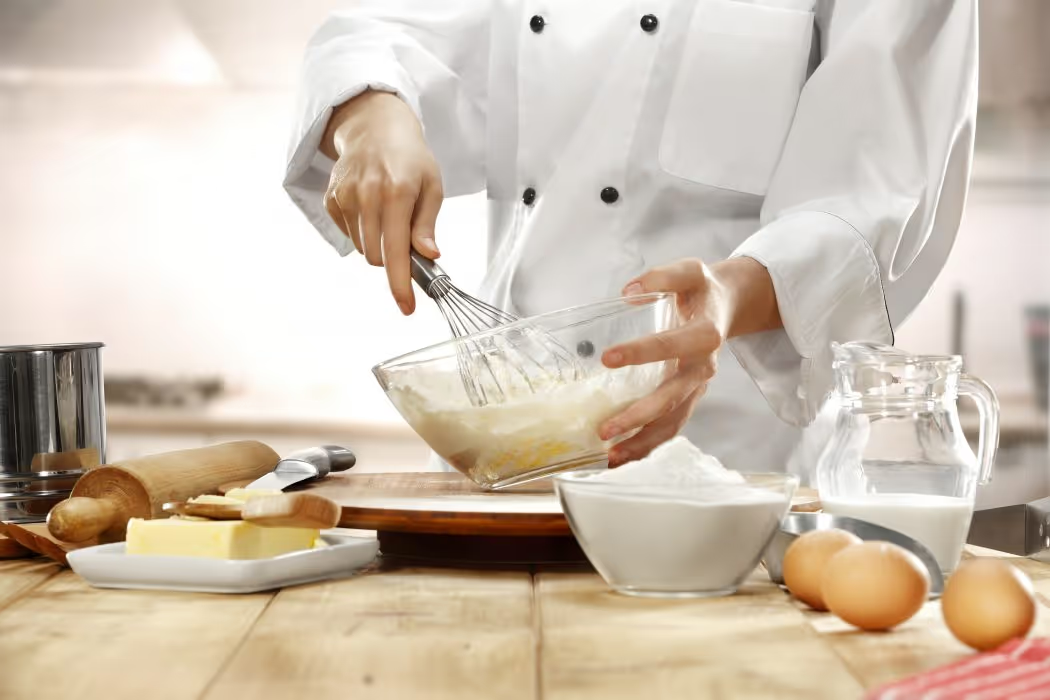Have you ever wondered if there are any other rewarding careers outside the kitchen that are waiting for culinary arts graduates? Do you think taking a culinary course can still land you a job that doesn’t involve actual cooking?
Chef? Mixologist? Chocolatier?
Have you ever wondered if there are any other rewarding careers outside the kitchen that are waiting for culinary arts graduates? Do you think taking a culinary course can still land you a job that doesn’t involve actual cooking? Would you like to explore other job opportunities other than wearing a toque and an apron?
Well, you’re in for a treat as we list down some rewarding careers where you can make good use of the culinary classes that you took in culinary school.
Cooking Up Career Choices
Enrolling in a culinary arts institute can certainly cook up rewarding careers in the future. Some will go on to be blue-ribbon chefs. Others will become multi-awarded restaurateurs. Culinary arts school graduates can go forth and pursue their dreams of concocting the most savoury dishes and drinks that people will crave for.
However, there could be instances when some people who have culinary arts certificates or degrees would prefer to go on a different path. As evidenced by some, not all those who come out of culinary school would want to pursue a career where they call the shots in the kitchen.
While there are several positions and responsibilities that await proficient bakers, cooks, and culinary geniuses, there are those who would want to explore other career paths. Whether it is a purely personal reason or a professional decision, pursuing a path other than becoming a chef is a journey others make.
If you find yourself curious about what lies outside the kitchen doors, then here are some professions that can help you apply your chef training or whatever culinary course or experience you have under your belt:
1. Caterer
Some culinary arts practitioners do not necessarily want to work in a restaurant. Others indulge in their love for cooking through a catering business. Some may work as consultants and prefer not to work in the kitchen. Whatever your role may be, a career in catering will seriously benefit from the lessons you learned in culinary classes.
Your background in culinary arts can give a boost to your catering business. Whether it’s through curating the menu, talking to food suppliers or clients, or in actual meal preparation, your knowledge about food will work to your advantage.
2. Cooking School Instructor
Those who may already have earned their stars or ones who love to share their knowledge in the culinary arts can also pursue being a culinary school teacher. Some chefs or culinary experts are also asked to be instructors in a cooking school.
This is because their knowledge, coupled with the experience of working in the industry, can greatly inspire and influence budding cooks. Some also just want to express their love for teaching and mentoring, that is why they thrive in culinary institutions.
3. Food Photographer and/or Stylist
A background in culinary arts can be useful when you want to pursue a career in food photography or food styling. A food stylist takes care of making ingredients or a dish look good in photographs. Sometimes, the stylist can also be the photographer in food shoots.
The knowledge you get from your food courses can help, especially in food preparation.
Understanding the properties of food can help in preparing for a photoshoot as you would know how it could look fresh for longer. Knowing how long a dish takes to be cooked can also help in knowing how far in advance it should be prepared in time for a pictorial. Knowing how an ingredient or dish should look like when it’s freshly baked, for example, can help in photographing it in the best possible light.
4. Food Scientist
You can combine your love for science and food when you pursue this profession. As a food scientist, you contribute to the research and development of effective systems, processes, or technologies that can help food last longer.
You can also help find ways on how to process food without losing too much of their nutritional value. Food scientists can also play a part in food packaging, preservation, safety, and other processes that involve the chemical and technical aspects of food.
When you have a culinary arts background, you also know the techniques and skills on how to cook food and create flavorful recipes. This can help in coming up with ready-to-eat meals that are still tasty and nutritious, for example.
5. Food Writer
Five-star dishes and epicurean delights also have their moments in the spotlight with the help of prolific food writers. Being featured in esteemed magazines or society pages can be a welcome boost for restaurants or chefs who want to be known for the quality and excellence of their dishes.
A food writer who has a background in the culinary arts would know how to describe a kaleidoscope of flavours. If you took up a culinary course or have a bachelor’s degree in culinary arts, then you would know how a dish should look or taste like.
You can also describe in detail how that dish is prepared, what its background and history are, or the specific techniques used in coming out with such a gastronomical delight.
Savouring Success
Products of highly regarded culinary academies and institutes such as ICCA Dubai can look forward to a fruitful future with their culinary certificates and degrees.
The knowledge, skills, and experience you earn while in culinary school can arm you in whatever profession you choose to pursue.
Coupled with a steely determination, commitment, and an unswerving drive to deliver good food in whatever way, culinary specialists can decidedly reap the rewards of their efforts.








